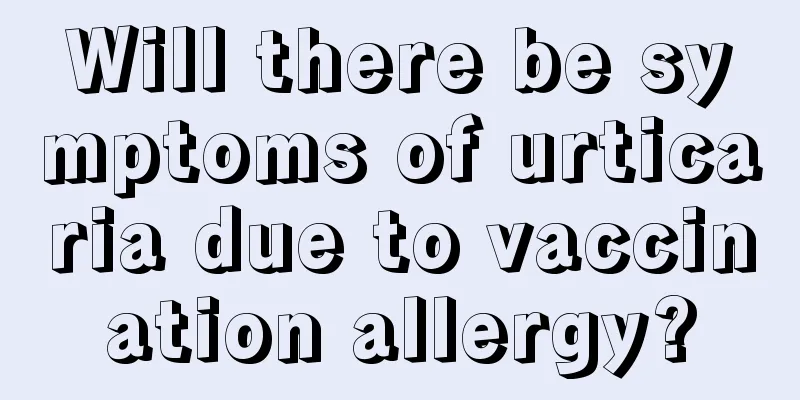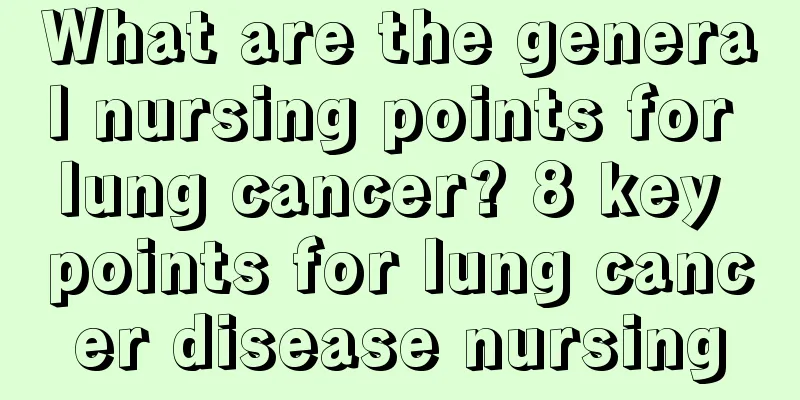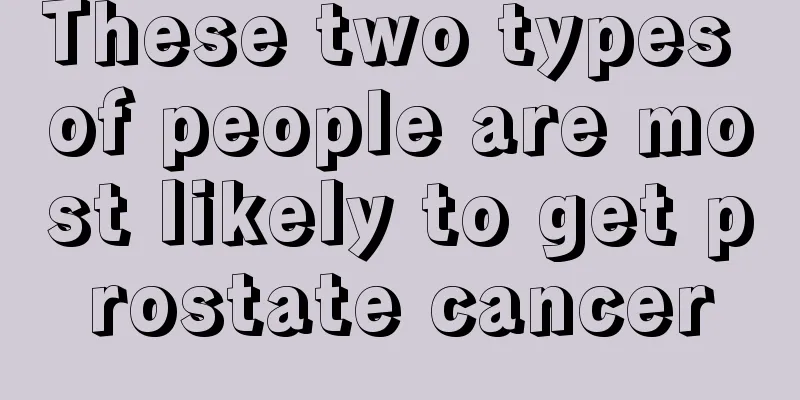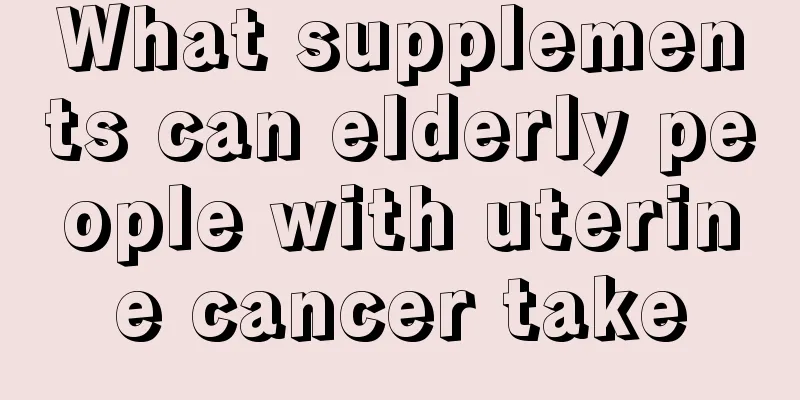Will there be symptoms of urticaria due to vaccination allergy?

|
Children need regular vaccinations after birth, generally within three years of age to ensure that they will not be infected by some bacteria. However, some people have special physical constitutions. After the vaccination, they may have varying degrees of fever, small red spots all over the body, acute viral infection, asthma or urticaria symptoms. These may be symptoms of vaccination allergy and need to be checked in the hospital in time. Introduction It is an injectable vaccine. Vaccination is an effective means to prevent infectious diseases caused by certain pathogenic microorganisms (such as bacteria, rickettsia, viruses, etc.). Humans have used various vaccines to control the spread of diseases to the greatest extent possible. For example, the smallpox virus was basically eradicated after the emergence of the cowpox vaccine. Depending on the type of vaccination, the injection site is different. Most common injections are on the arm, but there are exceptions such as on the buttocks and head. Not suitable for infants 1. If children who are suffering from a cold or fever caused by various diseases are vaccinated at this time, their body temperature will rise or the disease may be induced and aggravated. 2. Children who are recovering from an infectious disease or have a history of contact with acute infectious diseases but have not passed the quarantine period. If you get a vaccination at this time, it is easy to have adverse reactions or make the original condition worse. 3. Children with asthma, eczema, urticaria and allergic constitutions are prone to allergic reactions after vaccinations, especially measles vaccines, diphtheria, tetanus and pertussis mixed vaccines and other vaccinations with strong allergens, which are more likely to cause allergic reactions. Children with a history of epilepsy and convulsions are prone to syncope, convulsions, and shock when receiving vaccinations, especially Japanese encephalitis vaccine and diphtheria-tetanus-pertussis combined vaccine. People with severe rickets should not use polio sugar pills. 4. Children with acute and chronic kidney disease, active pulmonary tuberculosis, severe myelopathy, suppurative skin diseases and suppurative otitis media may experience various adverse reactions after vaccination, which may aggravate the original condition and affect the recovery of the sick children. It must be pointed out that children with congenital heart disease can still receive vaccinations as long as their function is good. 5. During the vaccination period, if the child is feeling uncomfortable, has symptoms such as vomiting, diarrhea, and severe cough, the vaccination can be temporarily postponed with the doctor's consent, and the vaccination can be given again after the symptoms improve. |
<<: What are the hazards of ribavirin to young children
>>: What are the symptoms of intestinal polyps?
Recommend
What are the benefits of foot massage
Foot massage is the most common health-preserving...
Patients should pay attention to the symptoms of lymphoma in time
Lymphoma is a very serious disease that can endan...
What should I do if my hair becomes curved after being pulled?
People often go to the barber shop to get their h...
What are the symptoms of acute severe hepatitis?
Many people have acute severe hepatitis. This dis...
What is the normal range of blood pressure at different ages
Each of us should not ignore the monitoring of bl...
Why do nails turn black?
Many people find that their nails turn black in t...
How to quickly clean a burnt pot
In the kitchen, the pot is one of the most common...
Why are height-increasing pads harmful to the human body?
Due to the different conditions of the parents, g...
How to dye your hair healthily
In this era, there are endless handsome men and b...
What is the appropriate temperature for sweat steaming
The temperature of sweat steaming is also very im...
How to clean a powder puff
Many cosmetics have a relatively high oil content...
Common early symptoms of prostate cancer
Prostate cancer is a common cancer in men. If it ...
What to eat to make hair grow naturally
"Extremely smart" Many people use this ...
Dragon fruit mixed with yogurt is not only delicious but also has many benefits
Nowadays, yogurt has become a drink that every fa...
What are the treatment misunderstandings of liver cancer? Two common misunderstandings in drug treatment of liver cancer
Liver cancer is a common malignant tumor of the d...









